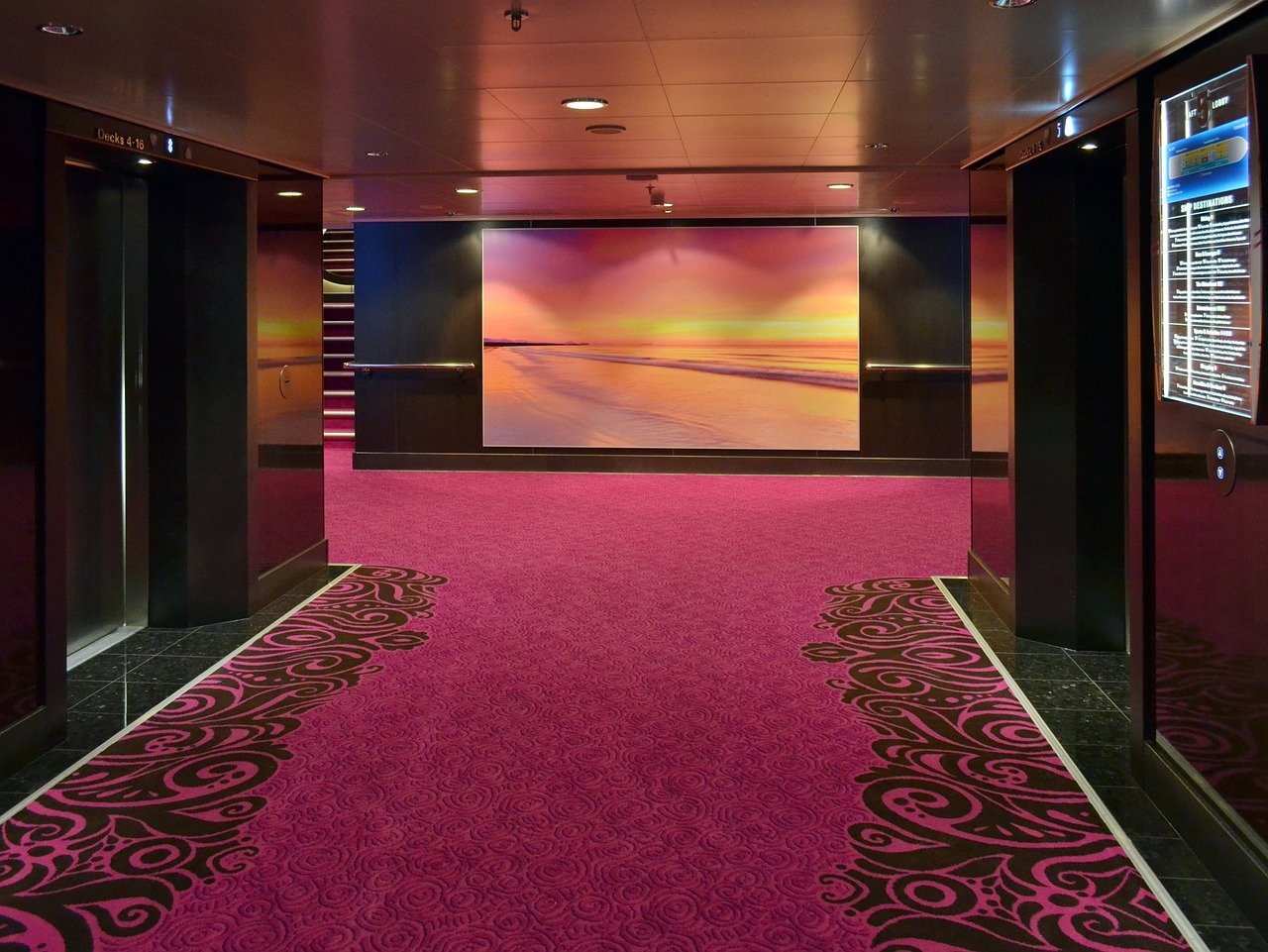Commercial Carpet

Commercial carpet is used in public areas such as waiting rooms, reception areas, and hallways where people are most active. It is designed to be stain resistant, easy to clean, and comfortable to stand on. These carpet fibers are also known as modular or carpet fibers which make it easy for manufacturers to make a variety of carpeting products. Most commercial carpeting is manufactured from Olefin, Nylon or Polypropylene. Carpet manufacturers use the terms carpet and commercial carpet interchangeably, even though they are different types of product. For more details about commercial carpeting, visit this link!
The main difference between commercial flooring and residential carpeting is the manufacturing process. While residential carpeting is typically made with a blend of nylon, cotton, and polyester, commercial flooring is typically made from Olefin, Nylon or Polypropylene. Olefin, a petroleum-based derivative, is commonly used in commercial carpeting because of its moisture resistance properties. Nylon is the most common carpeting material used in commercial applications because it is stronger and more durable than Olefin. Polypropylene is the most common carpeting product used in residential applications because it resists stains better than Olefin and Nylon.
Commercial carpets are designed to be more durable and resilient than residential carpets. Commercial carpets are manufactured by machine rather than by hand, so they can be more durable and less likely to wear out. Because of the manufacturing process, commercial carpets are more durable than residential carpet, but this durability comes with a price. Commercial carpets are also more expensive than residential carpet because they are larger and require more material to produce.
Another reason that commercial carpet is more durable than residential carpet is that they are more resistant to breakdown. Carpet is more resistant to breakage because of the large amount of traffic they are exposed to on a daily basis. This heavy traffic causes traffic marks and abrasions to form on the material, which makes commercial carpet more resilient to wear and tear than residential carpets. Carpet is also more resistant to abrasion and stain break downs because it is woven tightly and criss-crossed, rather than being cut and twisted as is the case with many other types of carpets. Additionally, commercial carpet has the added benefit of being fire resistant, which keeps costs down in the event of a fire.
Nylon commercial carpeting has some advantages that Olefin commercial carpets do not have. For example, nylon has a much higher density than Olefin, which gives it a longer life span. Another advantage of nylon is its high density and tensile strength. The combination of high density and tensile strength makes nylon very durable. Its moisture resistance and ability to withstand chemicals make it a good choice for use in high traffic areas.
In addition to durability and the ability to resist and absorb moisture, commercial carpets need additional moisture resistant and heat-retaining qualities. Most commercial carpets sold today are treated with a water repellant. This will help them resist moisture, but they still must have a system to reduce the evaporation of water from the surface. High performance commercial carpets have both a moisture barrier and heat reflective lining. These linings and systems can help reduce moisture absorption and evaporation, thus extending the life of the carpet and preventing premature wear. For more understanding of this article, visit this link: https://simple.wikipedia.org/wiki/Carpet.
